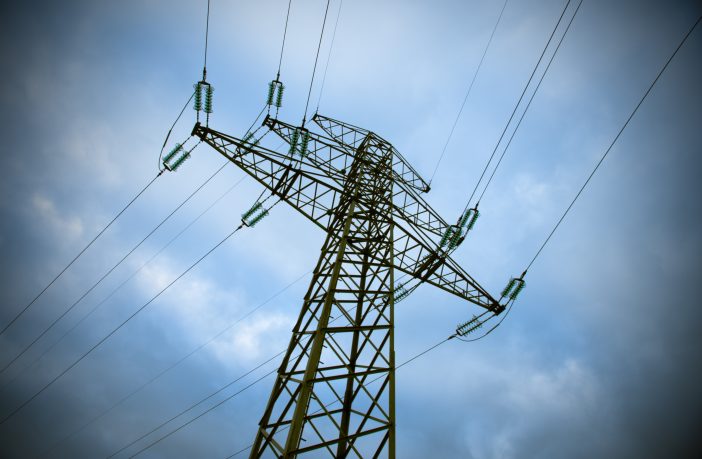- The African Development Bank Group (AfDB) has approved an innovative financing programme for Distributed Energy Service Companies (DESCOs), which would see 4.5 million people in sub-Saharan Africa gain access to solar power by 2025.
The DESCOs Financing Programme promotes securitisation financing techniques to address barriers to accessing finance for DESCOs, while supporting their growth and expansion into existing and new markets.
The programme will also facilitate local currency financing for DESCOs and provide local lenders with risk mitigation instruments to support them.
Elaborating on the programme, Wale Shonibare, the bank’s acting vice-president for power, energy, climate change, and green growth said the institution will provide critical technical guidance and credit enhancement to DESCOs and local financial intermediaries.
“Accelerating access to universal, affordable, reliable, sustainable and modern energy for underserved populations requires innovative financing solutions. Innovations such as receivables-backed financing structures provided by the programme are vital in the Bank’s efforts to unlock private sector participation and local currency financing for the energy sector,” said Shonibare.
The programme will contribute to the installation of an estimated 45MW of distributed solar PV, which will provide clean energy access for 900,000 households by 2025 (4.5 million people).
It will also create approximately 6,000 new direct jobs, mainly for the youth, and contribute to avoidance of nearly 37.08 kilotons of CO2eq emissions per year.
Innovative financing mechanisms
The design of the programme supports the Bank’s Financial Sector Development Policy and Strategy and Industrialisation Strategy Flagship programme to grow liquid and effective capital markets, and support innovative financing mechanisms.
Stefan Nalletamby, the AfDB’s director for financial sector development, said the programme would help build capacity within DESCOs and local financial intermediaries in executing securitisation structures and other innovative frameworks for accessing finance.
“It will also promote financial inclusion by availing consumer financing to customers in rural areas, building credit history, and encouraging the uptake of mobile payment solutions,” Nalletamby added.
The board approval follows the approval of a €50 million guarantee facility and €6 million technical assistance grant by the European Fund for Sustainable Development (part of the European External Investment Plan).
“Solar home systems present commercially viable, climate resilient, and modern solutions to provide clean energy access to off-grid populations in sub-Saharan Africa. DESCOs have seen extensive growth owing to the rapid proliferation of mobile banking and pay-as you-go (PAYGO) technologies that allow low-income customers to pay off their purchases over an extended period of time,” said Dr Daniel Schroth, AfDB’s acting director for renewable energy and efficiency.
Dr Schroth added: “This programme will enhance the impact of DESCOs by enabling them to access financing that is tailored to their operations. It is also a great example of collaboration between the European Commission and the African Development Bank.”
Author: Babalwa Bungane
This article was originally published on ESI Africa and is republished with permission with minor editorial changes.















